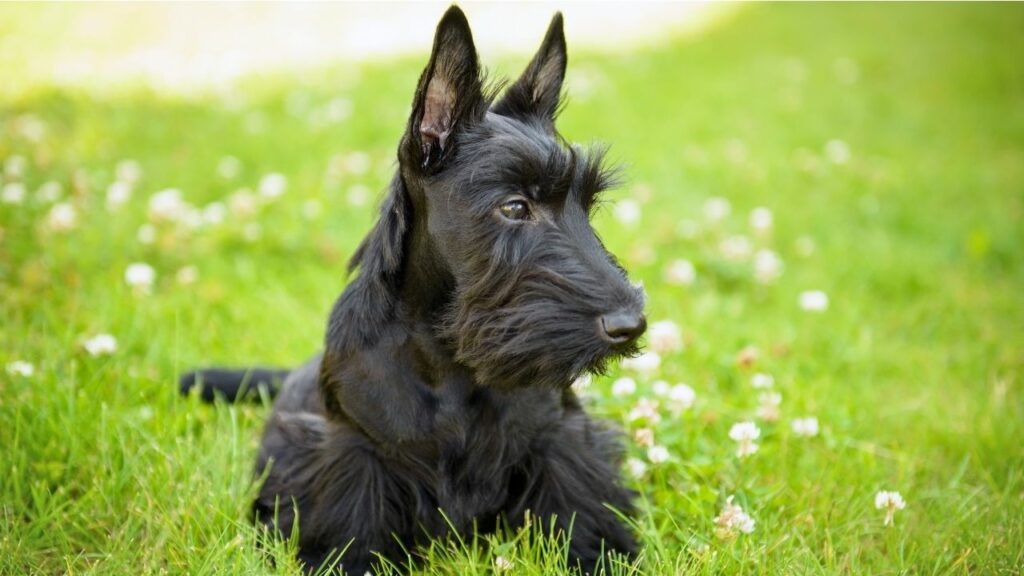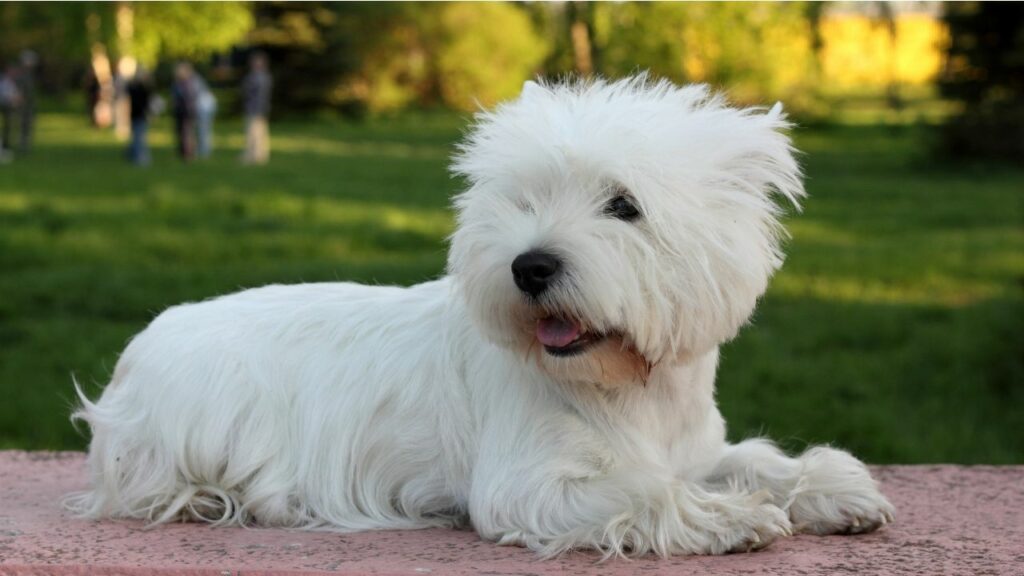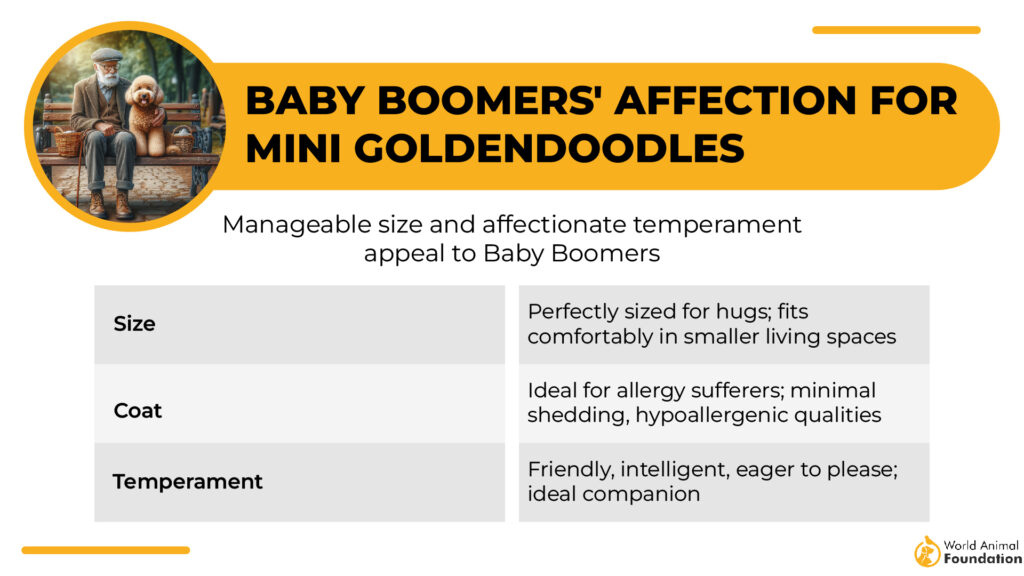WorldAnimalFoundation.org is reader-supported. When you buy through links on our site, we may earn an affiliate commission. Learn More
Baby Boomers, those born between 1946 and 1964, have experienced a world of change. Now in their late 50s to 70s, this diverse group includes active workers, retired adventurers, and everything in between. In their youth, pet dogs often had simpler lives, sleeping in the backyard and feeding on table scraps. Today, however, many Boomers find joy in lavishing care on their pets, making them true members of the family.
The Baby Boomer generation has seen it all and done it all, often leading the way in new trends, including the explosive growth of the pet industry, which now sees annual spending of over $150 billion on pet products. For many Boomers, the decision to get a pet is driven by the desire to nurture.
Cathy Bennett states that with grown children out of the house, dogs have stepped in as “empty-nest fillers.” Just as they once doted on their children, many Boomers now channel that affection towards their pets, embracing a role that continues to offer love, companionship, and a touch of needed busyness.
Here, we will explore seven of the best dog breeds for Baby Boomers, focusing on those that are easy to maintain and perfect for this vibrant stage of life.
Dog Breeds for Baby Boomers
1. Labrador Retriever

Labrador Retrievers are one of the best dog breeds for Baby Boomers due to their gentle and trainable nature. These dogs provide wonderful companionship, offering someone to care for, talk to, and cuddle with, which can be particularly comforting as we age. Labs are known for their loyalty and patience, and they are always there to support their owners.
As America’s favorite dog breed, Labradors are perfect both for families and retirees. They are friendly and eager to please, making them great around visitors, including grandkids. You don’t have to worry about aggression; a Labrador is more likely to welcome someone with a lick than a growl.
Labradors do need regular exercise, but they’re not overly hyperactive if they miss a walk now and then. Their larger size also makes them easy to notice, so there’s little risk of tripping over them in the house.
According to a recent study, about 41% of respondents believe that Labradors make good pets for senior citizens. If a senior is active and able to provide the necessary attention and exercise, Labradors can be excellent companions for them.
2. Poodle

Though originally from Germany, the Poodle became the national dog of France, and it is loved deeply for its charm and intelligence. It’s an excellent choice for Baby Boomers looking for an easy-to-train and highly intelligent dog. Poodles come in three sizes—Toy, Miniature, and Standard—making it easy to find the perfect fit for any home.
Poodles are known for their loyalty and ability to bond with more than one person, making them ideal for couples. They are fun-loving, enjoy a bit of pampering, and have a great sense of humor. Known for their cleverness, Poodles are both proud and obedient.
PetMD notes that one of the practical advantages of owning a Poodle is its low-shedding and hypoallergenic coat, although it does require regular brushing and professional grooming about once a month to maintain its stylish look.
Poodles are also quite active and benefit greatly from regular physical activities like swimming and long walks to stay healthy and happy.
3. Shih Tzu

The Shih Tzu, a breed that originated in Tibet around the 7th century, became popular as gifts to Chinese emperors and evolved into the charming dog we know today. HillsPet states that known for their elegance and outgoing nature, Shih Tzus are wonderful with people of all ages, making them excellent companions for Baby Boomers.
Shih Tzus are affectionate and thrive on attention from their owners, enjoying cuddles and following them around the house. They are friendly and welcoming to both people and other pets, fitting well into various family settings. While generally quiet, some Shih Tzus may snore.
This breed requires a good deal of personal attention and can easily become spoiled if overly pampered. They enjoy being the center of attention, which makes training and learning tricks a fun activity for both pets and owners. Daily brushing and occasional professional grooming keep their coat looking great, as they are low shedders.
Shih Tzus does not demand extensive exercise but enjoys daily walks to stay healthy. They are prone to obesity if overfed, so it’s important to manage their diet carefully.
4. Scottish Terrier

Scottish Terriers, or “Scotties,” originated from Scotland in the late 1870s, initially bred for hunting vermin and badgers on farms. These dogs have a strong and vibrant personality that makes them loyal and affectionate companions, earning them the nickname “the Diehard” for their persistence.
Scotties have been favored by several U.S. Presidents, highlighting their appeal as companions, especially suitable for Baby Boomers due to their pleasant temperament and loyalty. Although they might be aggressive towards other animals and cautious around strangers, they are generally friendly and playful with people.
WebMD highlights that Scottish Terriers are highly adaptable, making training them quite manageable, especially when they are young. They learn quickly and possess a high energy level and a protective nature. However, potential owners should note that Scotties need to stay busy; if left alone, they might resort to digging or barking.
They are low-shedding and hypoallergenic, but their double coat needs weekly grooming. Being smart, Scotties responds well to treat-based incentives.
5. West Highland White Terrier

The West Highland White Terrier, or Westie, is a delightful small breed that originated in Scotland as a rodent hunter but has since become a beloved family pet. Known for their fun, friendly, and confident nature, Westies are perfect for Baby Boomers looking for joyful companionship.
Westies are confident, smart, and playful but not overly hyper. They fit well into family settings and can get along with young children, especially when the children are taught how to interact with pets properly.

PetMD notes that given their history as hunting dogs, Westies have a strong prey drive and should be kept on a leash or in a fenced area outdoors to prevent them from chasing other animals. They might also bark or dig if they don’t receive sufficient exercise or mental stimulation. It’s important to ensure they get at least 30 minutes of focused exercise daily, like scent walks or ball chasing, to keep them happy and well-behaved.
To keep their coat in top condition, Westies should be brushed weekly and professionally groomed every four to six weeks. This maintenance helps maintain their shiny, healthy coat and keeps your Westie looking their best.
6. Cavalier King Charles Spaniel

The Cavalier King Charles Spaniel, affectionately known as the “Cavalier,” is a noble breed that effortlessly adapts to various lifestyles, making it an excellent choice for Baby Boomers. Named after King Charles II, who was rarely seen without his beloved dogs, Cavaliers are known for their ability to seamlessly blend into any setting, from active adventures to quiet days at home.
Cavaliers are perfect for Baby Boomers looking for a low-maintenance companion. They are small, quiet, and excellent lap dogs, making them ideal for a more relaxed lifestyle. These dogs are not only laidback and intelligent but also highly trainable and patient, traits not always found in smaller breeds.
Friendly and cheerful, Cavaliers easily make friends with people of all ages and other pets, quickly winning hearts wherever they go. Their long, silky coats do require regular brushing a few times a week, and their ears need frequent cleaning to prevent infections.
Whether it’s enjoying a brisk walk or lounging on the couch, the Cavalier King Charles Spaniel adjusts its activity level to match that of its owner.
7. Bichon Frise

The Bichon Frise is an ideal dog breed for Baby Boomers seeking a low-maintenance, affectionate companion. Small, loving, and gentle, Bichons are well-suited for first-time dog owners and easily adapt to various living environments, from city apartments to assisted living facilities.
These dogs are known for their friendly and outgoing nature, eagerly embracing new experiences and quickly learning training commands. With their low exercise needs, Bichons are perfect for those who prefer less physically demanding activities—they are content with short walks and enjoy snuggling in their owner’s lap for long naps.
Bichons are mild-mannered and get along well with children and other pets, making them a harmonious addition to nearly any household. The American Kennel Club notes that while Bichons are alert and curious, making them good little watchdogs, they are lovers at heart. They see everyone as a potential friend, embodying a warm and welcoming spirit.
Although their curly coats require regular grooming to prevent matting and maintain their fluffy appearance, Bichons do not shed much, which is an added bonus for keeping the home clean.
Honorable Mention: Mini Goldendoodles

Mini Goldendoodles are becoming a top choice for Baby Boomers because they are friendly, easy to care for and fit well in smaller homes. These dogs are a mix of Golden Retrievers and Poodles, making them intelligent and gentle—perfect for cuddles and comfort. They don’t shed much and are good for people with allergies.
Baby Boomers appreciate that Mini Goldendoodles are low maintenance and form close bonds with their owners, offering great companionship and emotional support. They are also easy to train and enjoy being active, which helps keep their owners healthy and engaged.
Mini Goldendoodles are ideal for those looking to downsize but still want the joy of a pet. They have fewer health issues and can live a long time, providing years of friendship and joy. Their sociable nature makes them great for meeting new people and fitting into various lifestyles, making them excellent companions for Baby Boomers.
Wrap Up
For Baby Boomers seeking a furry friend, choosing the right dog can enhance both companionship and lifestyle. Breeds like the Yorkshire Terrier, known for their affectionate nature and even temperament, are perfect for those in apartments or with less active lifestyles.
Smaller dogs are not only manageable but also possess a gentle nature that makes them ideal companions. Whether you’re looking for a dog to match an active lifestyle or need a loving pet for apartment living, these furry friends offer loyalty, joy, and comfort to every Baby Boomer’s golden years.




